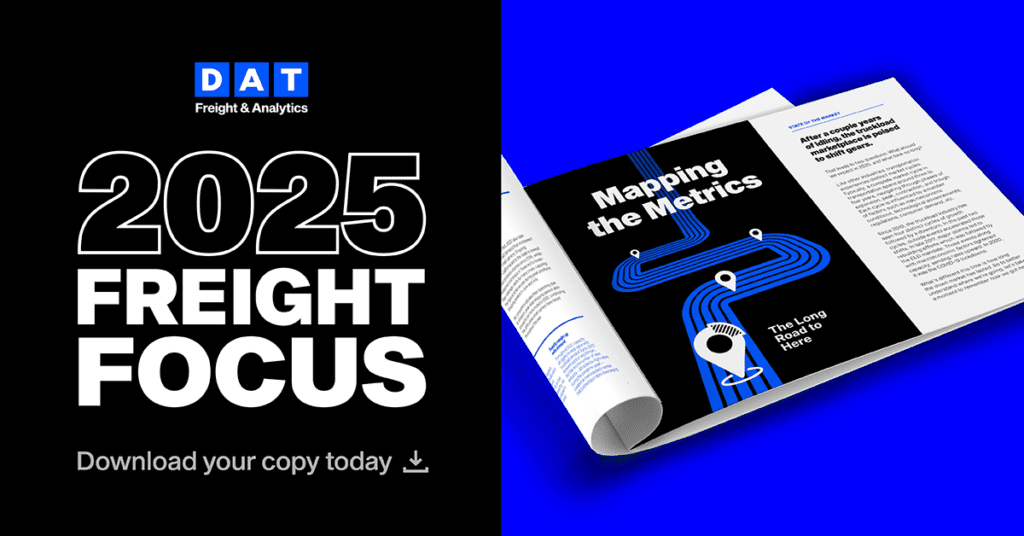Wages have stayed stagnant for most Americans, except for one group of workers: Truck drivers. Since 2013, the average annual income for long-haul truckers rose 17%, while wages rose less than 4% for everyone else, according to the Wall Street Journal.

Data from Bureau of Labor Statistics
Company Drivers
From the Wall Street Journal:
Many freight haulers have in the past year pushed through their biggest raises in decades. Truck-stop job boards and satellite radio airwaves are saturated with want ads, some offering sign-on bonuses topping $5,000 and free bus tickets to drivers willing to switch employers. Companies are equipping their fleets with satellite televisions and other amenities to make life on the road more comfortable.
The report also says that the strengthened U.S. dollar has led to more imports, and there aren’t enough drivers to meet the demand. “The long-haul trucking industry, which employs about 800,000 people today, needs an additional 48,000 drivers,” says the WSJ.
Owner-Operators
Much of that import freight moves through California ports. A recent study by the California Trucking Association and the Southern California-based Inland Empire Economic Partnership found that owner-operators in that state earned higher incomes than company drivers in 2013 and 2014.
From Overdrive:
California company drivers earned $42,078 in 2014, according to the California Employment Development Department. That’s $17,400 lower than the owner-operator average.
While the owner-operators in California are reportedly doing better than company drivers, there may be other parts of the country where the opposite is true.
Are you a company driver or owner-operator? Are you earning more money in 2015? Let us know in the comments.
DAT offers money-making solutions for owner-operators and carriers of all sizes. To learn more, contact our award-winning customer service team at 800.551.8847 or complete this online form.

